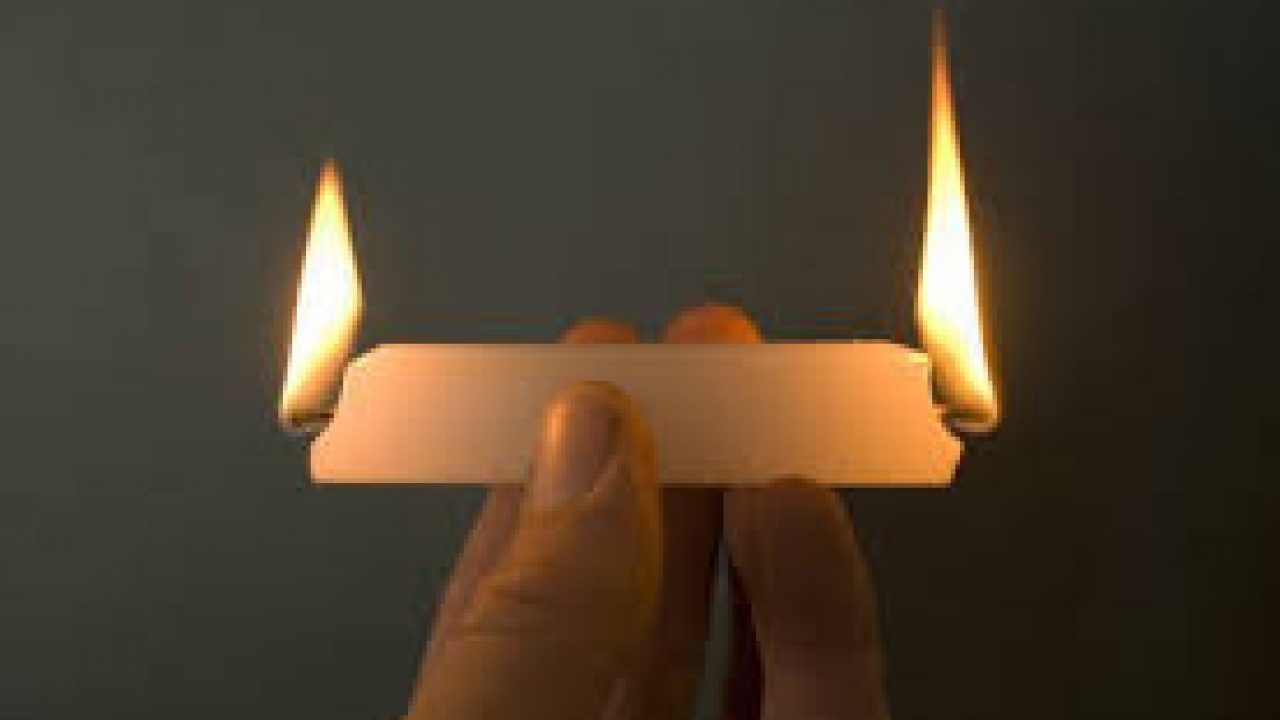Self-care and well-being in the Welsh women’s rights movement, with Ceri Hayes

“There must be those among whom we can sit down and weep and still be counted as warriors.” Adrienne Rich
As someone who has experienced burn-out and trauma as a result of my twenty years of work on women’s rights issues in both domestic and international contexts, I have had to learn the hard way that in the process of fighting for gender equality, we often forget ourselves and fail to prioritise our own well-being.
I have also seen countless other women living with high levels of stress, burn out, depression and physical illnesses, including cancers, auto-immune diseases and neurological conditions, such as M.E/chronic fatigue syndrome. And a few women’s rights activists I have worked alongside have died fighting for justice.
These high levels of stress and burn-out are not sustainable for us as individuals, nor for our movement. This has led me to ask many questions of myself in terms of how I balance my commitment to women’s rights with preserving myself, but also to question how the women’s rights movement in Wales can prioritise this important issue and support its members to practice self and collective care.
This is not a new topic, but as women, and as women’s rights activists, we still struggle to prioritise and put into practice self-care and well-being in our own lives and as part of our social justice movement. Why? And what can we do about it? Are there examples of good practice we can draw on? What would a Welsh women’s movement look like if it had self-care and well-being at its heart? How can we take this conversation further?
Here are some initial thoughts, reflections, and more questions, in no particular order! They are largely based on my own observations and experience, as well as the discussions I’ve been part of previously in my work in international development. I would love the opportunity to hear what other women’s rights activists in Wales think and what experiences they have had.
- Self-care is political and prioritising this aspect of our lives and our movement is part of our struggle. Patriarchy has always placed unrealistic expectations on us. Taking care of ourselves can be seen as a radical feminist act in defiance of these expectations. In the words of the writer Audre Lorde: “Caring for myself is not self-indulgence, it is self-preservation, and that is an act of political warfare.” How can we practice self-care and well-being in our movement as a radical political act? What would this look like? How are we already doing this?
- There is still a lot of stigma and shame around self-care, which we need to challenge. Needing self-care is still perceived by many as a weakness or vulnerability. Many of us internalise this view as part of being raised and socialised in a patriarchal world, and subsequently invalidate our own need for self-care as well as that of others. How would it feel and what would it look like to replace this with kindness and compassion for ourselves and for others?
- Self-care and privilege: so much of the self-care discourse these days seems to have been hijacked by a Western commodified view of self-care that is mostly geared towards privileged white women e.g. expensive ‘spa breaks’ as a form of self-care. Who does this concept of self-care benefit and who does it leave behind? How do we reclaim self-care as a feminist issue, not simply as a neo-liberal concept? How do we make it a social justice issue? How do we ensure everyone is able to practice this?
- Stress and juggling commitments won’t go away, so how do we balance self-care with our personal and professional lives? How can we support each other in this endeavour? What practical steps can we take to improve both self and collective care?
- Sustainable social justice movements: what does collective self-care look like for the women’s rights sector in Wales? How do we link self-care to our purpose, mission and capacity as a movement? What are the resource implications? Where are the spaces for talking about these issues? How can we better facilitate both individual and collective self-care and well-being?
- Self-care and COVID 19: in times of crisis it’s more important than ever that we prioritise self-care and well-being. Women are at the forefront of responding to the Covid-19 crisis and many will be facing significant additional pressure and vulnerability. How are we coping with these changes individually and collectively? What self-care strategies work best at these times? Where can we go for help if we’re struggling? Do we need to put additional measures or tools in place to strengthen our resilience in the face of future crises? If so, what are they?
Ceri Hayes runs her own consultancy organisation, Gender Matters (www.gendermatters.co.uk), which provides support to a range of organisations in advancing gender equality and women’s rights in Wales, the UK, and internationally. Previously she worked for a number of different human rights and international development organisations. Her passion is working with grassroots women’s rights organisations to support their organisational development and advocacy, policy and campaigns work. Having experienced burn-out and chronic illness herself and seen this happen to countless other women’s rights activists she is very keen to explore how we can prioritise the issues of self and collective care in Wales so we have a more sustainable movement.